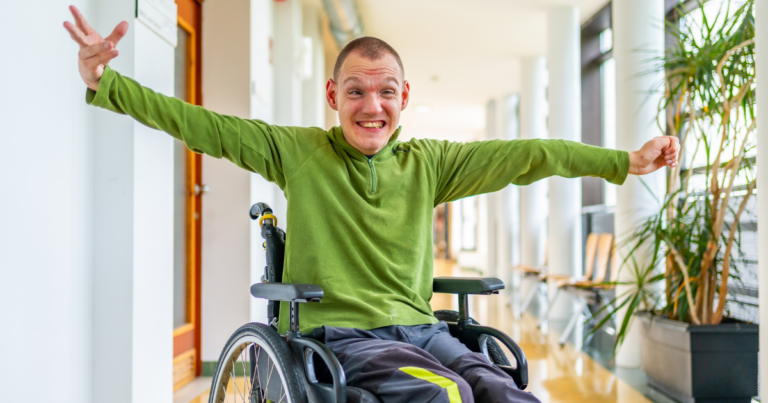Find Relief from Chronic Pain with a Mobile Exercise Physiologist in Melbourne
Chronic pain can feel like it’s taking over your life, but it doesn’t have to. A Mobile Exercise Physiologist brings expert care to your doorstep, helping you manage pain, improve mobility, and regain independence – all from the comfort of your home. Contact us today and discover the freedom of expert care on your terms!


